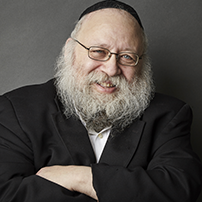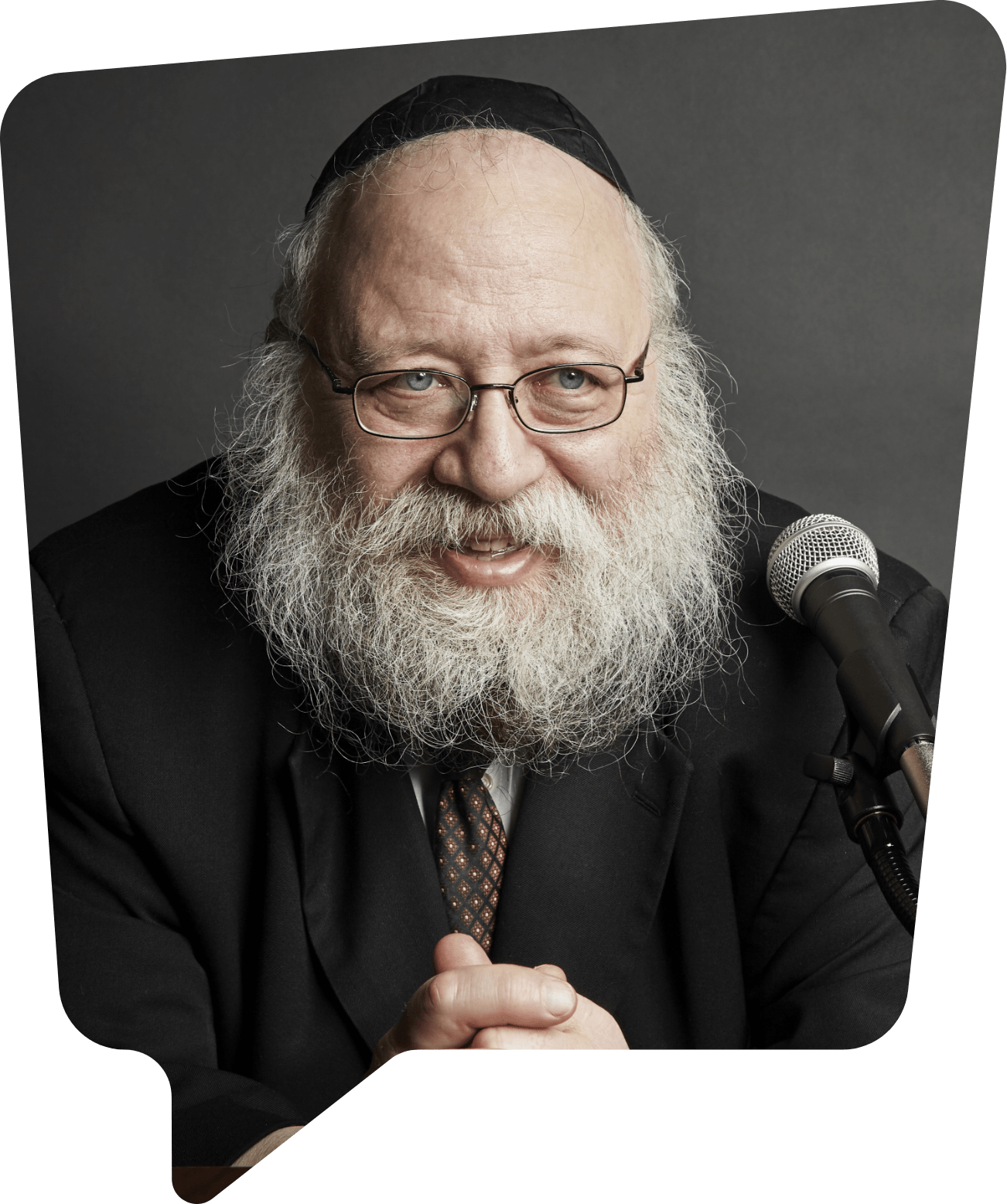
Where was G-d during the Holocaust? How could let it happen? How can one believe in a G-d that allowed Auschwitz? These and similar sounding questions are some of the most painful questions that have ever been asked; questions for which no satisfying answers have been given. And if we posit that there can be no answer to this question, then we must ask ourselves, should we continue to ask the question over and over again just to be told that we cannot fathom the unfathomable? What positive outcome can there be from the experience of frustration that we have when we reach this theological impasse?
To help us deal with this issue, I think it is imperative that we define the question, or, to be more precise, the various shades of the question. It appears to me that there are at least five different shades to the question. The first two are not really questions but emotional expressions. Of the latter three “intellectual” shades, there are good satisfying answers to the first two, but alas, it is the third intellectual question that must remain unanswered. But, by leaving that shade of the question unanswered, it compels us to then once more resort to asking the emotional shade of the question, to which only G-d can respond.
Let us define the first two forms of the question that we labeled “emotional.” An emotional question is not really an attempt at seeking certain information as is an intellectual question. Rather it is an adult subterfuge. Instead of breaking down and venting our emotions by crying over the destruction of Jewry during the Holocaust, we express our pain and anguish with a more adult looking question: Where were You during the Holocaust? This is not a question that begs an intellectual answer. This is the child in us who cries to his mother when he hurts himself and does not seek a rational explanation for his pain, but a kiss and warm caress from his mother.
Instead of expressing one guilt feelings for less than adequate behavior or faith, one couches the guilt in a question by asking “Why should I believe in G-d, if He permitted the Holocaust to occur?” This individual – whose guilt we all share in some measure – does not want an answer to his question. Any answer that would make sense would only enhance the feelings of guilt for not having sufficient faith in and commitment to G-d. By faulting G-d we find some justification for our own actions.
This individual needs to be told that, there is no need to feel guilty. You do believe. Your heart is open and receptive to G-d and His commandments. If not, you wouldn’t be feeling this guilt. Guilt is to the soul what pain is to the body. When one ceases to feel pain it is a dangerous sign of paralysis. Guilt is the sign that there is a sense of keen sensitivity to G-d. To question G-d – in whatever form – is a sign that G-d exists in some degree within the hearts and minds of those who question. When the guilty will be told that they need not feel guilt, but that they could assuage their guilt by enabling their hungry souls to imbibe the G-dly spirits of Torah and Mitzvot, these emotional outburst will no longer be necessary.
But there are legitimate forms of the question. The first “philosophical” challenge to belief in G-d goes something like this: How could there be a G-d if the Holocaust occurred?
This question can be answered quite easily. If G-d would be defined as one who does not allow the Holocaust to occur, then its occurrence would dispute His existence. But, in the Jewish tradition of G-d, G-d does leave room for suffering and Holocaust. All one has to do is to peruse the Biblical and Talmudic literature for numerous references to these horrific events that were predicted.
The second version is somewhat more sophisticated. Although it can be broken into several parts, its central message goes like this? What was G-d’s role in the Holocaust? Or more colloquially: Where was G-d during the Holocaust? This question can be answered in many ways. I will mention only one, the one that I heard from hundreds of Holocaust survivors. “G-d was with me.” “The mere fact that I was able to survive, against all odds, demonstrates that G-d was at my side all the time, making events happen so that I could go free.”
Our problem begins with the third and final form of the intellectual question. It can be phrased independently, or it can come as a follow up question to the preceding one. Let us use this form of the question here. “If G-d was with you and saved you, why did He not do the same to the millions of other innocent people? Why did He let little babies be burnt and shot by the German monsters? Why didn’t G-d intervene?
All attempts at finding answers to this question that can satisfy any thinking person has been futile. Only people who want to be religious and feel some discomfort because of the Holocaust can be prepared to accept a rationalization that would justify the horrific events of the Holocaust. To them I say, there is nothing wrong with the discomfort you feel knowing that the Holocaust happened.
I will not go through the many attempts at finding reason in an area that is clearly beyond reason. I will propose that when we reach this impasse it is the signal to us to revert to the emotional form of the question, which is our expression of pain and anguish. It is also is not so subtle a request, nay a demand of our Heavenly Father to take us into His embrace and bring an end to all pain and suffering, by bringing us Moshiach and the Redemption.
Only in the Messianic Age, that is characterized in Jewish mystical literature as the age when the impossible will be come possible, the transcendent will become immanent, the Supra-rational will become rational and the overwhelming forces will become internalized will it be possible for us to fathom the unfathomable. By repeatedly asking the question and then realizing that there is no answer we are compelled to cry out “Ad Masi-How much longer?” How much longer does the world have to endure irrational suffering? This prayer, demand and protest is music to G-d ears and “compels” Him to take charge as the Conductor of the ultimate Symphony that will make all the disparate cacophonous sounds blend into beautiful harmony.
At that time, the prophet declares – and only then – we will be able to say and sing: “I thank you G-d for having chastised me.” (Isaiah ).


